My plans for this album project have ping-ponged around wildly in the 2 years since I first started planning Volume 3 of my Northern Daydream series.
Finally midway through 2022 things started to come into focus, with an emphasis on two vitally important but radically different jazz pianists who both hit their creative stride in the late 1960s and early 1970s: Herbie Hancock and Keith Jarrett.
But even as I began to see that this album needed to have a “Side H” and a “Side K,” I waffled on exactly which songs I wanted to cover, and how I wanted to approach them.
Finally, with yesterday’s accomplishment of “KJ3M” — a 10-minute suite featuring three distinct Keith Jarrett compositions, stitched together with three brief keyboard improvisations, inspired by Jarrett’s own concert style, the project has reached its conclusion.
I had not planned to record any of these three songs when I laid out the project. I hadn’t even heard any of them at that point, honestly. But once I did hear them, I knew I needed to make them the focal point of the conclusion of the project.
“Mortgage On My Soul” and “Common Mama” are an interesting pair. Both are built over a similar bass ostinato — in the same key, no less — and could actually be ripe for a mashup. But I decided that was not the right treatment. I wanted to show the ways the two are different, not the ways they are alike. (Whereas you might see the result of this project overall as showing the ways Jarrett and Hancock are similar even though on a surface level their styles are very different.)
“The Magician In You” kind of came out of left field. It immediately follows “Common Mama” on Jarrett’s 1972 album Expectations, and I really like the pairing. After spending several minutes in a harmonically static, groove-based mode, it’s very satisfying to bask in the rich harmonic textures of this rock/gospel ballad.
I played up the harmonic structure here in ways I kind of wish the original had done, although I know Keith Jarrett’s style, especially at that time, was to leave listeners with only the slightest hints of the true structure underneath, allowing improvisatory group interplay to constantly pull at the loose threads of more predictable musical forms. I don’t slight him for it at all, and yet the composition is just so good that I want to get absorbed in it and let it carry me away.
And this is part of why I’ve decided to wrap up this project here. I’m ready to take on new challenges, including attempting to create a big band arrangement of “The Magician In You” that builds on the elements I put into this version. So, this probably means I will step away from spending 18+ hours on a Saturday, twice a month, on an epic recording/video production session. For a while, anyway.
Here’s “KJ3M”:
And you can listen to — and watch — the entire album here.
Once I’m satisfied that the mixes for the album are final, I’ll post another update with download links. Stay tuned!


